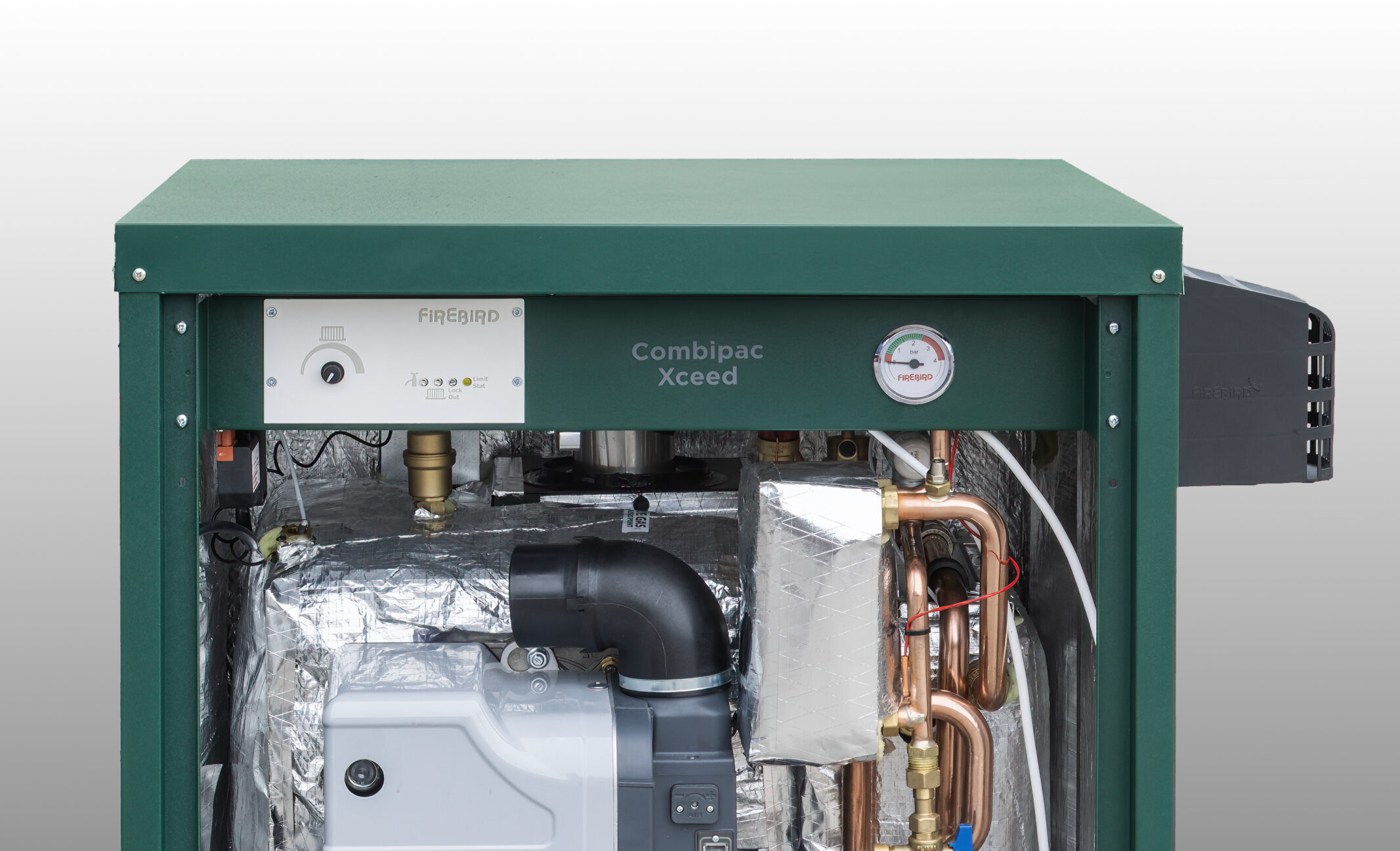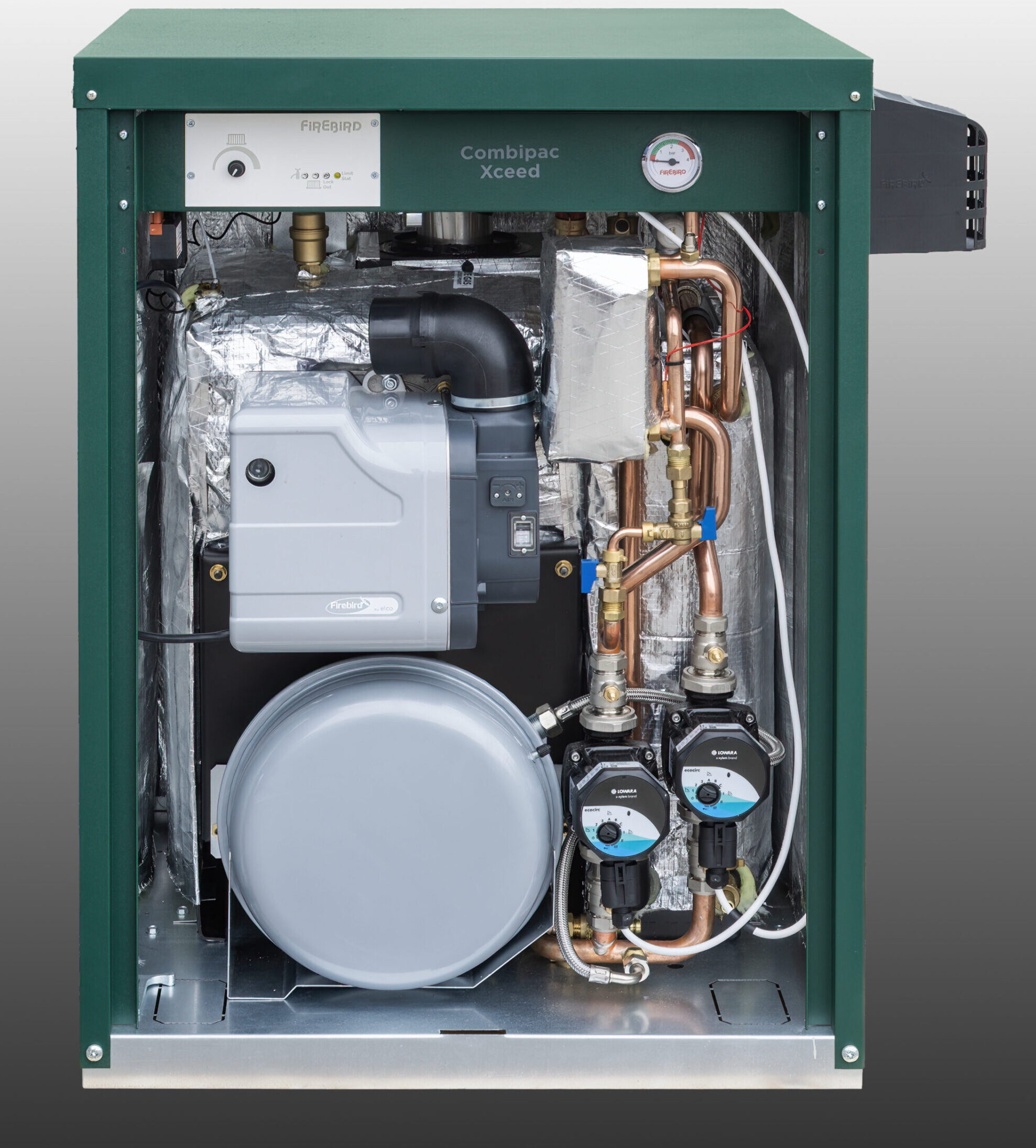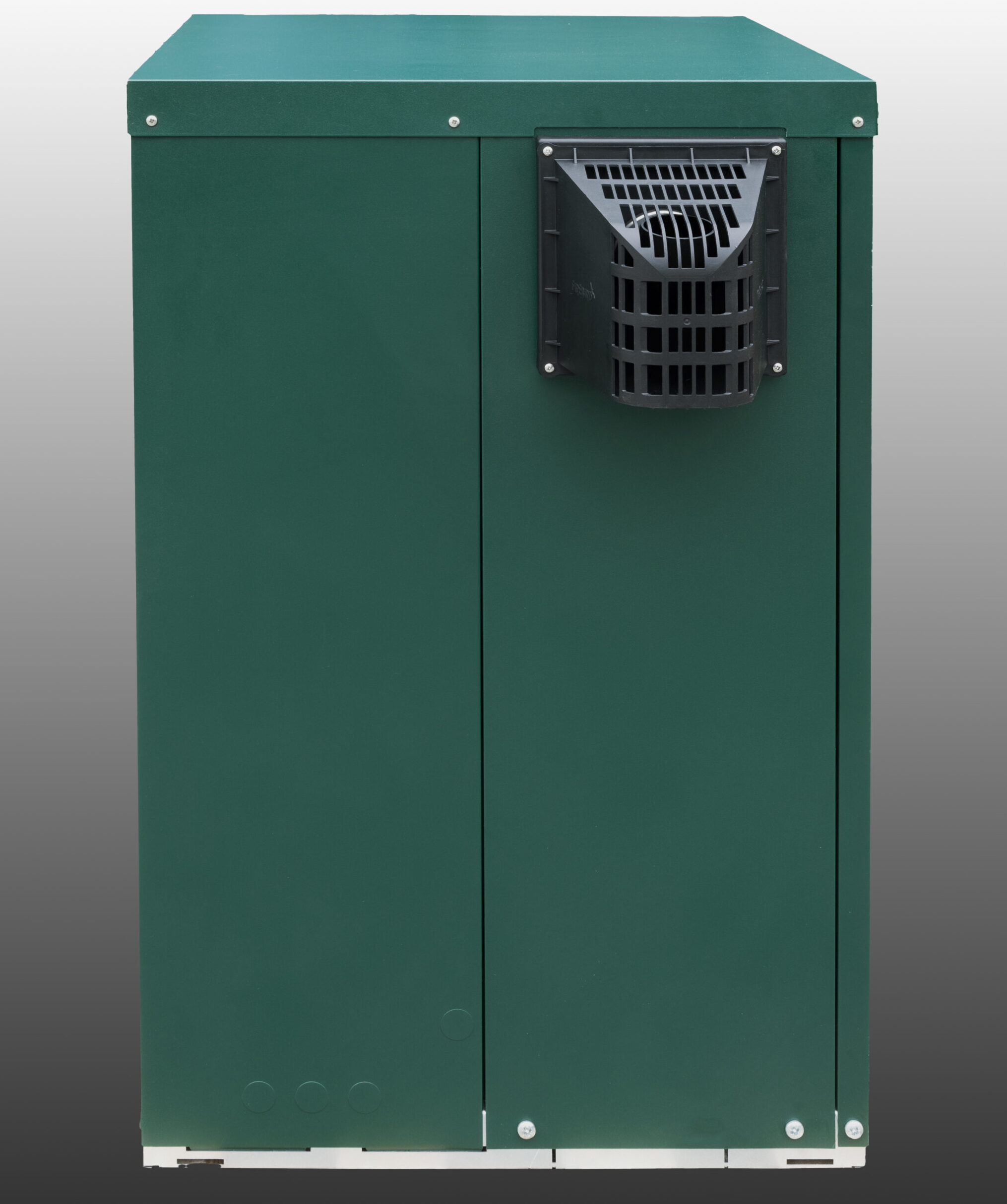
Oil Boilers: A Relevant, Cost-Effective, and Eco-Friendly Option
How oil boilers can meet your heating needs and reduce your environmental impact
Oil boilers are a type of central heating system that use oil as the fuel to heat water and radiators. They are popular in rural areas where natural gas is not available, and can provide a reliable and efficient source of heat for your home. But are oil boilers still relevant in the current climate, when there are concerns about fossil fuel consumption and greenhouse gas emissions? The answer is yes, oil boilers can still be a good option for your heating needs, and they can also be cost-effective and eco-friendly if you follow some simple tips. We will explain how oil boilers work, how they compare to other heating systems, and how you can make the most of your oil boiler to save money and reduce your environmental impact.

Oil boilers come in various types, each with unique features and benefits. The three main types are regular oil boilers, system oil boilers, and combi oil boilers.
Regular oil boilers, also known as conventional or heat-only boilers, are best suited for large homes with high hot water demands. They require a separate hot water tank and a feed and expansion tank, usually installed in the loft. This system allows for the simultaneous use of hot water in multiple bathrooms.
System oil boilers are ideal for medium-sized homes. They incorporate a built-in hot water tank, eliminating the need for a feed and expansion tank. This compact design saves space and simplifies installation, while still providing adequate hot water supply for household needs.
Combi oil boilers, or combination boilers, are perfect for smaller homes with lower hot water demands. They do not have a hot water tank and provide hot water on demand, ensuring an uninterrupted supply for showers and taps. These boilers are highly efficient and take up less space, making them a popular choice for modern homes.
Oil boilers have some advantages and disadvantages compared to other heating systems, such as gas, electric, or renewable energy sources. Here are some of the main factors to consider when choosing a heating system for your home.
If you decide to install or keep an oil boiler for your home, there are some tips you can follow to make it more cost-effective and eco-friendly. Here are some of the best practices to optimize your oil boiler performance and reduce your heating bills and carbon footprint.
Choose the right size and type of oil boiler for your home. A boiler that is too big or too small for your home will waste energy and money. A regular oil boiler may be suitable for a large home with multiple bathrooms and a high demand for hot water. A system oil boiler may be suitable for a medium-sized home with a moderate demand for hot water. A combi oil boiler may be suitable for a small home with a low demand for hot water.
Compare oil prices and suppliers and buy in bulk. Oil prices can vary depending on the season, the region, and the supplier. It is advisable to compare oil prices and suppliers online and shop around for the best deal. It is also advisable to buy oil in bulk and fill up your tank during the summer, when the prices are lower and the demand is lower. Buying oil in bulk can also reduce the risk of running out of oil during the winter, when the demand is higher and the delivery may be delayed.
Insulate your home and upgrade your heating controls. A well-insulated home can reduce the heat loss and the energy consumption of your oil boiler. It is advisable to insulate your loft, walls, windows, and doors, and to use draught excluders and curtains to keep the heat in. It is also advisable to upgrade your heating controls, such as thermostats, timers, and programmers, to regulate the temperature and the timing of your heating system. You can also install smart heating controls, such as smart thermostats, that can learn your heating preferences and adjust the heating accordingly.
Service your oil boiler regularly and replace it when necessary. A well-serviced oil boiler can maintain its efficiency and safety, and prevent breakdowns and repairs. It is advisable to service your oil boiler at least once a year by a qualified engineer, and to check the oil level, the pressure, and the flue regularly. It is also advisable to replace your oil boiler when it reaches the end of its lifespan, or when it becomes too inefficient or unreliable. A new oil boiler can save you up to 30% on your heating bills and reduce your carbon emissions by up to 25%.

Our Reviews